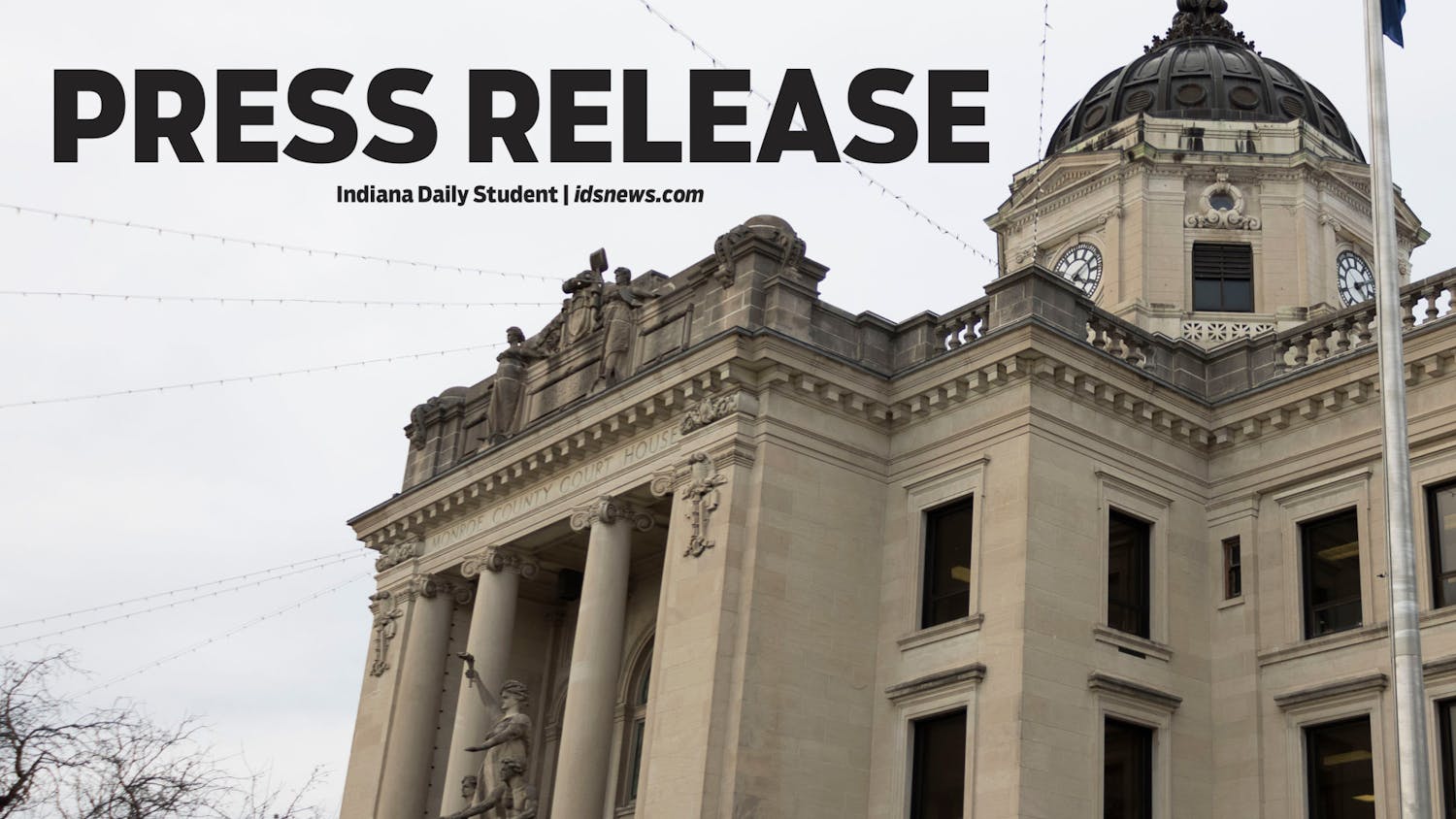The Middle East has a growing yearn for democracy, said Mark Tessler, a professor of the University of Michigan, on behalf of the second annual Iliya Harik Memorial Lecture.
Tessler spoke Wednesday night in Woodburn Hall about past and present viewpoints facing the Middle East and Arab communities.
Tessler, a professor of comparative politics and Middle East studies at the University of Michigan, was a close friend of Iliya Harik, to whom the lecture was dedicated.
Harik was a professor emeritus of various fields in political science at IU, including comparative politics, Middle Eastern politics and political development.
Elsa Harik, Iliya Harik’s widow, was present at the lecture and co-introduced Tessler.
“I’m especially glad we are going to hear an old friend,” Elsa Harik said.
Tessler began his lecture by broadly explaining the situations the Arab countries in the Middle East face: a need for democracy, outside pressure exerted on the countries to become democratic without preparation and even direct intervention as with the United States and Iraq.
One of the projects Tessler and others around the world are working on is the Arab Barometer, a Web site dedicated to measuring in Middle Eastern countries the rise in wanting democracy via a “democracy barometer.” Seven universities and research centers around the world sponsor the project; two are in the United States: the University of Michigan and Princeton University.
From this, Tessler gained vast amounts of information on countries such as Morocco and the Palestinian region. According to the Web site, the information usually ranges from political attitudes to everyday values.
“Tessler has done a great deal in increasing our knowledge about those parts of the world,” said Abdulkader Sinno, an assistant professor in the political science department. He added he does service across a wide range of countries that increases our knowledge about what those people think and prefer.
Tessler emphasized the importance of what his team of experts tries to accomplish and understand in surveying, as the research leads to more knowledge on how countries interact internally and externally when dealing with issues concerning democracy.
Senior Vidhi Sanghavi said it is interesting how Tessler brought up that most countries do not view the United States as a helper in establishing democracy, speaking mainly about Iraq.
Concerns were brought up in the question-and-answer portion of the lecture and dealt mainly with the democratization of countries and whether or not they are ready and able to undergo such a major transformation.
“I don’t know how to judge if they are ready or not,” Tessler said. “If most people in the survey want democracy, then that shows they are ready or almost ready.”
University of Michigan speaker gives talk on Muslim world
Get stories like this in your inbox
Subscribe





